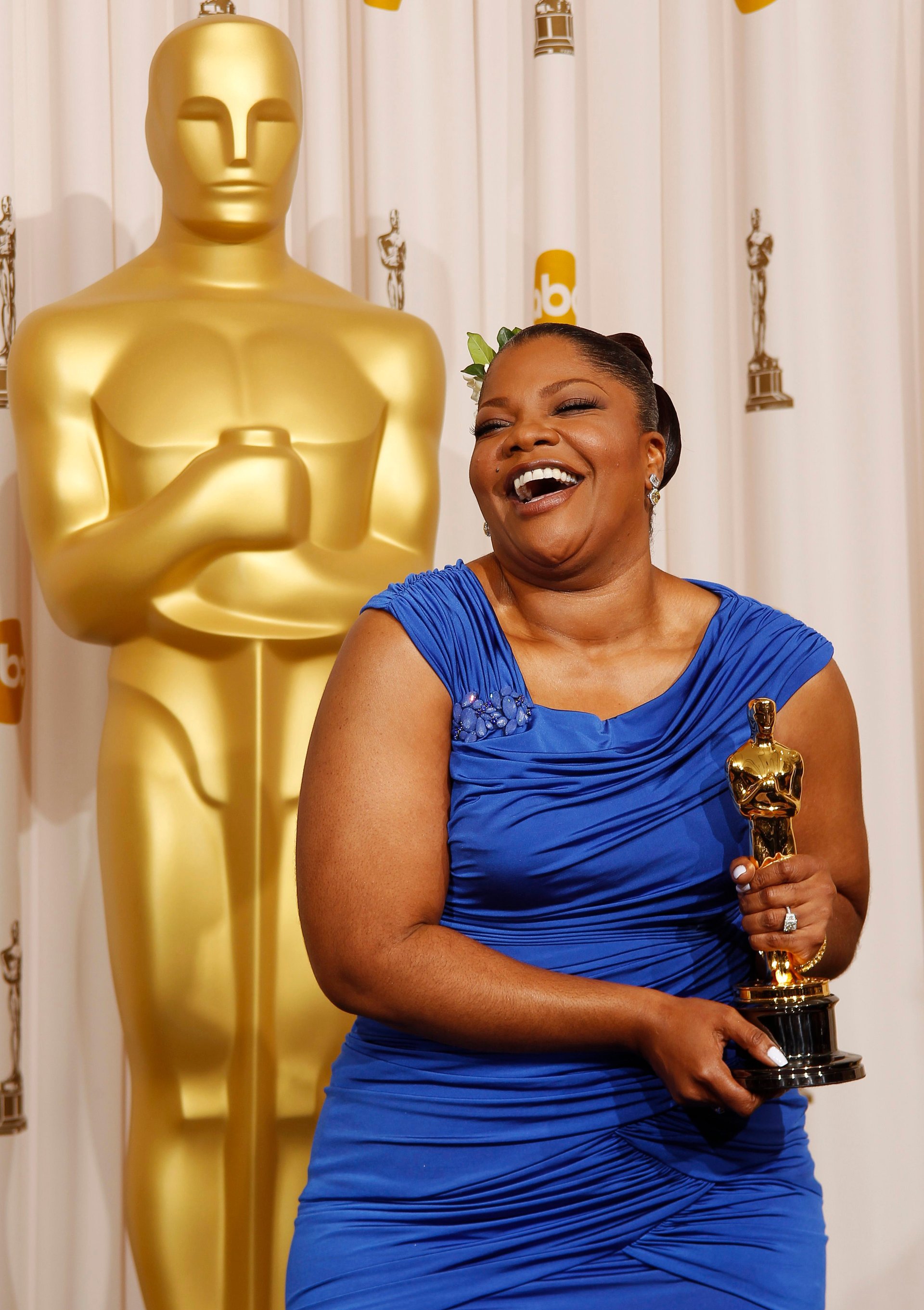Black women comics are calling for a boycott of Netflix
These days, asking people to boycott Netflix is like asking them to boycott the grocery store. But that’s exactly what the Academy-Award-winning actress and comedian Mo’Nique wants you to do, after she says the streaming giant offered her an insultingly low rate for a standup special.


These days, asking people to boycott Netflix is like asking them to boycott the grocery store. But that’s exactly what the Academy-Award-winning actress and comedian Mo’Nique wants you to do, after she says the streaming giant offered her an insultingly low rate for a standup special.
“I am asking that you stand with me and boycott Netflix for gender bias and color bias,” she announced in an Instagram video last week. “I was offered a $500,000 deal last week to do a comedy special. However, Amy Schumer was offered $11 million, Chris Rock and Dave Chappelle $20 million.”
Mo’Nique already has a standup special called I Coulda Been Your Cellmate on Netflix, though it is not a Netflix Original like Schumer’s, Rock’s or Chappelle’s. (Netflix says it does not comment on contract negotiations.)
Yesterday, the Emmy Award-winning actress and comedian Wanda Sykes tweeted in solidarity with Mo’Nique:
Sykes ended up at another network, Epix, for her 2016 standup special. While some have expressed support on Mo’Nique’s Instagram, no other performers—and notably, no one affiliated with the #TimesUp initiative—have offered to join her boycott.
We talk a lot about the pay gap between men and women in Hollywood. Most recently, it was revealed that the actress Michelle Williams was paid $1,000 for reshoots of All the Money in the World, while co-star Mark Wahlberg received $1.5 million for the work. Williams was never told about Wahlberg’s compensation during her own negotiations.
We talk far less (or not at all) about the pay gap between black women and white women in Hollywood. As noted by Refinery29, the 2016 Forbes list of the world’s 10 highest paid actresses did not include any black women. Across industries, white women make 80 cents for every dollar a white man makes, while black women make even less, 64 cents on every dollar a white man makes.
The reactions to Mo’Nique’s call for boycott were mixed: Some have called her ungrateful, and some have held Sykes up as an example of a professional who moved on without burning bridges. Others have praised Mo’Nique for her bravery in standing up to one of Hollywood’s rising power players, and bemoaned the fact that others haven’t joined her cause.
Part of the issue is Mo’Nique’s argument that her stature, achievements, and years of acting and doing comedy are being ignored—which is sadly unsurprising in an industry notorious for its ageism, especially for women. Mo’Nique has been actively working in the industry since 1999, four years before Schumer graduated from college, starting with her role as Nikki Parker in UPN’s The Parkers.
Of course, Netflix is not allotting compensation based on seniority. When Mo’Nique asked Netflix to explain the compensation difference, she was told, “Well, we believe that’s what Mo’Nique will bring,” according to her Instagram video. “We don’t go off of résumés,” Netflix reportedly added, noting that Schumer’s recent box office successes explain why she received a $11 million offer for a comedy special, which she negotiated up to $13 million.
Schumer herself has struggled to get her due, even with her multi-million contract with Netflix. She reportedly negotiated her fee for the comedy special up after finding out that Chris Rock and David Chappelle were paid $20 million each for theirs. Still, she said in a statement that drew some criticism, she understood why her pay was less than those older male comics’: “Thanks for chiming in on what you think I deserve to be paid,” she wrote on Instagram in 2017. “I believe women deserve equal pay. However I don’t believe I deserve equal pay to Chris and Dave.” Mo’Nique, it seems, was not able to negotiate a similar increase.
The exact calculus of who is paid what by Netflix is opaque, but it’s worth noting that the streaming company has sometimes been more focused on audience than quality. Adam Sandler signed two four-film deals (yes, that’s eight films) with Netflix, despite his recent films being widely panned by critics. Still, those movies seem to have paid off handsomely with audiences.